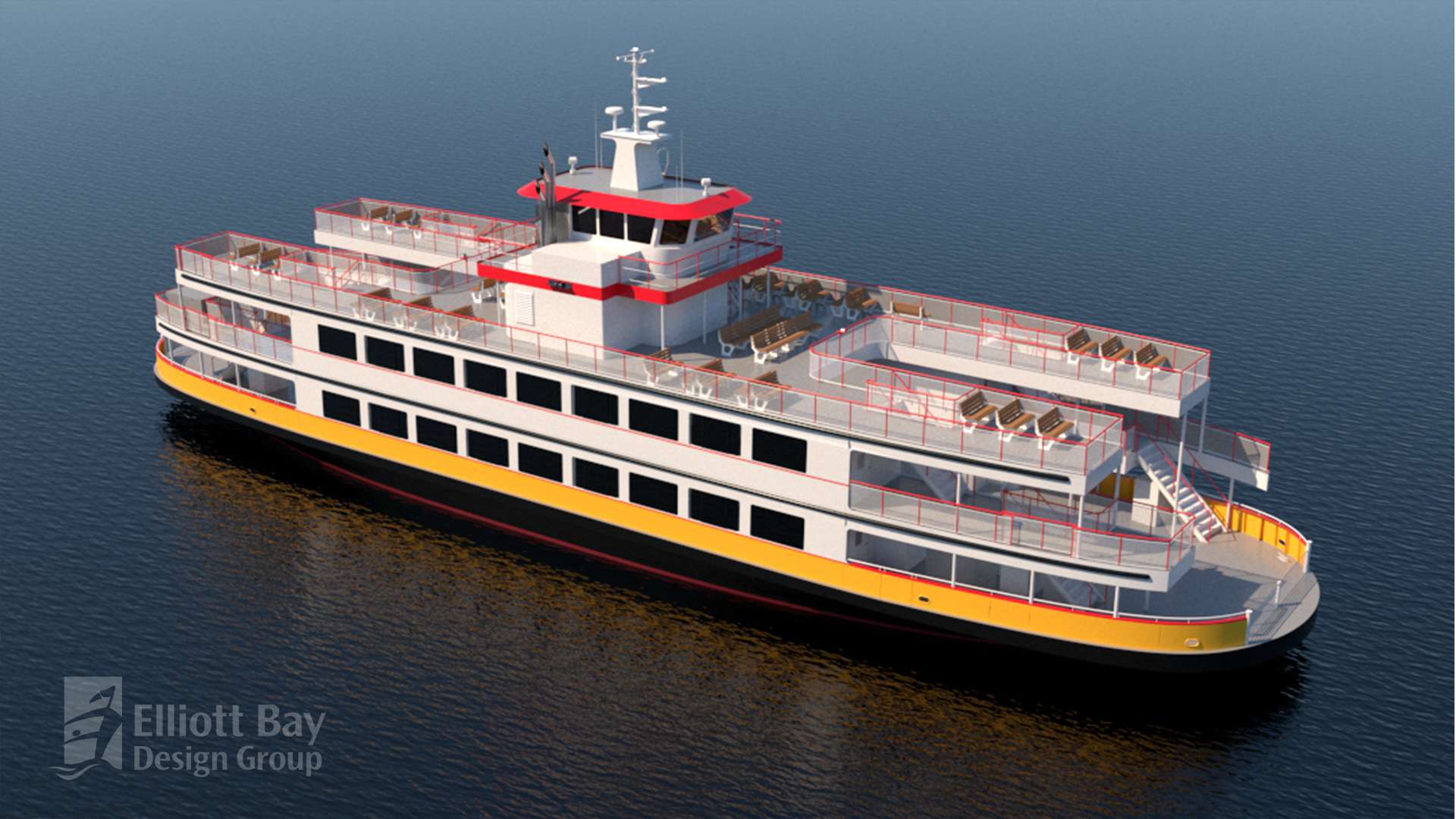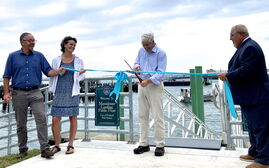
Processing Your Payment
Please do not leave this page until complete. This can take a few moments.
- News
-
Editions
-
- Lists
-
Viewpoints
-
Our Events
-
Event Info
- Women's Leadership Forum 2025
- On the Road with Mainebiz in Bethel
- Health Care Forum 2025
- On The Road with Mainebiz in Greenville
- On The Road with Mainebiz in Waterville
- Small Business Forum 2025
- Outstanding Women in Business Reception 2025
- On The Road with Mainebiz in Bath
- 60 Ideas in 60 Minutes Portland 2025
- 40 Under 40 Awards Reception 2025
- On The Road with Mainebiz in Lewiston / Auburn
- 60 Ideas in 60 Minutes Bangor 2025
Award Honorees
- 2025 Business Leaders of the Year
- 2024 Women to Watch Honorees
- 2024 Business Leaders of the Year
- 2023 NextUp: 40 Under 40 Honorees
- 2023 Women to Watch Honorees
- 2023 Business Leaders of the Year
- 2022 NextUp: 40 Under 40 Honorees
- 2022 Women to Watch Honorees
- 2022 Business Leaders of the Year
-
-
Calendar
-
Biz Marketplace
- News
-
Editions
View Digital Editions
Biweekly Issues
- April 21, 2025 Edition
- April 7, 2025
- March 24, 2025
- March 10, 2025
- Feb. 24, 2025
- Feb. 10, 2025
- + More
Special Editions
- Lists
- Viewpoints
-
Our Events
Event Info
- View all Events
- Women's Leadership Forum 2025
- On the Road with Mainebiz in Bethel
- Health Care Forum 2025
- On The Road with Mainebiz in Greenville
- On The Road with Mainebiz in Waterville
- + More
Award Honorees
- 2025 Business Leaders of the Year
- 2024 Women to Watch Honorees
- 2024 Business Leaders of the Year
- 2023 NextUp: 40 Under 40 Honorees
- 2023 Women to Watch Honorees
- 2023 Business Leaders of the Year
- + More
- 2022 NextUp: 40 Under 40 Honorees
- 2022 Women to Watch Honorees
- 2022 Business Leaders of the Year
- Nomination Forms
- Calendar
- Biz Marketplace
$3.6M awarded for Casco Bay Lines’ second diesel-electric hybrid ferry
 COURTESY / CASCO BAY ISLAND TRANSIT DISTRICT
Casco Bay Island Transit District was awarded $3.6 million to buy the propulsion system for a new, environmentally friendly vessel to replace the district’s Maquoit II, top. A new ferry to replace the Machigonne II, bottom, is also planned.
COURTESY / CASCO BAY ISLAND TRANSIT DISTRICT
Casco Bay Island Transit District was awarded $3.6 million to buy the propulsion system for a new, environmentally friendly vessel to replace the district’s Maquoit II, top. A new ferry to replace the Machigonne II, bottom, is also planned.
A new ferry that uses a diesel-electric hybrid propulsion system will be the second in Casco Bay Lines fleet designed to reduce carbon emissions.
The Casco Bay Island Transit District was awarded $3.6 million to buy the new propulsion system for a new, environmentally friendly vessel to replace the district’s Maquoit II, which is nearly 30 years old and at the end of its useful life, according to a news release.
The new vessel, which will also feature an automated, rapid-charging battery system, will reduce carbon emissions by 1,000 metric tons annually.
The grant was awarded through the Federal Transit Administration’s Passenger Ferry Grant Program and builds on a $6 million grant in 2018 for the construction of another replacement ship.
The district has been working for several years to update its aging fleet.
“We are thrilled that we will soon have two vessels powered by this innovative diesel-electric hybrid propulsion system,” Hank Berg, the district’s general manager, said in the release. “These vessels will be active for the next 30 years, significantly improving the climate future of Casco Bay.”
Berg credited U.S. Sen. Susan Collins, R-Maine, for her support in securing competitive grant funding.
“Casco Bay Lines provides an indispensable service to those who live and work in our island communities, providing passenger, freight, and postal services, and transporting students to school and people to their jobs,” Collins said in the release. “The hybrid propulsion system will dramatically improve the rider and neighbor experience by eliminating exhaust fumes, excessive engine noise, and vibrations found on existing vessels.”
The first ferry to be replaced with a hybrid will be the Machigonne II, which serves Peaks Island and is expected to be on the water by 2023.

The vessel design process for the Machigonne II was lengthy and complex, incorporating naval architects, a Vessel Advisory Committee and over 14 public meetings.
That ferry will be powered by a hybrid propulsion system and will have two battery banks and two traditional diesel generators on board. The system is expected to allow the new ferry to operate mostly on battery power, with the generators readily available for back-up as needed. The system will be provided by ABB, a Zurich, Switzerland, technology company that develops zero and hybrid emission ferries.
The district worked with Bruce Strupp, a senior account manager for ABB’s Marine & Ports Division. Strupp and his team, who work with passenger and automobile ferry operators in North America, were selected by the district through a competitive RFP processThe contractor is now tasked with overseeing development and delivery of the new hybrid set-up.
The hybrid system is expected to eliminate CO2 emissions and provide rides that are quieter and smoother, as the noise and vibrations usually caused from a traditional diesel engine will be minimized.
Casco Bay Lines is one of the first passenger ferry systems in North America to implement the technology.
The new Peaks Island vessel was designed by Elliot Bay Design Group in coordination with Casco Bay Lines staff and with guidance from the Vessel Advisory Committee and feedback from the public.
The vessel is expected to increase the number of vehicles that can be carried to and from Peaks Island from an average of 10 per trip to 16, enhance passenger safety through an improved vessel layout, allow for side loading at the Portland terminal, and will feature modern fixtures and finishes.
The ferry will be charged while docked in Portland and will operate in battery-powered mode whenever possible.
Casco Bay Lines was awarded nearly $4 million in 2020 for the propulsion system, including $3.2 million in competitive grant funding to procure the technology through the Federal Transit Administration’s Passenger Ferry Grant program, and $750,000 through the Maritime Administration Maritime Environmental and Technical Assistance Program to go towards various components of the project.
The district has operated since 1981. It operates passenger, vehicle and freight service year-round. Casco Bay Lines’ ferries transport more than 1 million passengers, 35,000 vehicles and over 500,000 pieces of freight annually. Casco Bay Lines also delivers the U.S. mail and transports island students to and from Portland.
Machigonne II, a 122-foot ferry with a capacity of 399 passengers and 12 vehicles, was built in 1987. Maquoit II, a 98-foot vessel with a capacity of 399 passengers and one vehicle, was built in 1994.













0 Comments